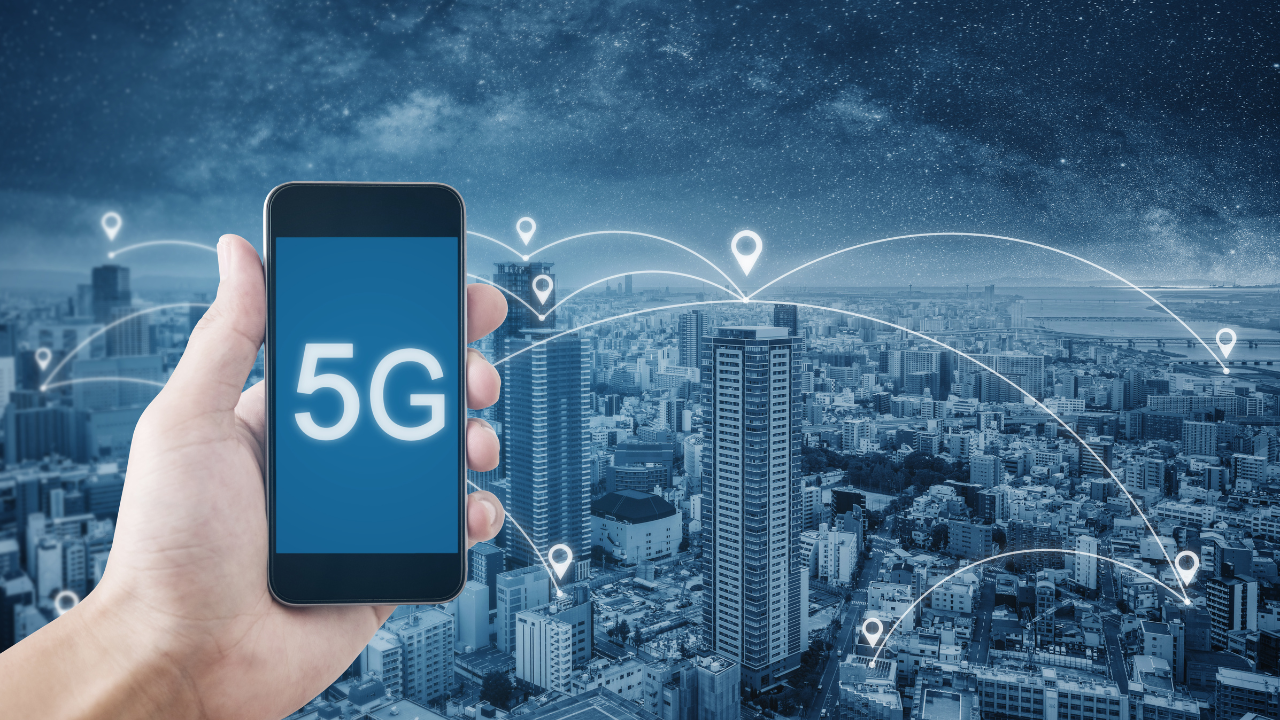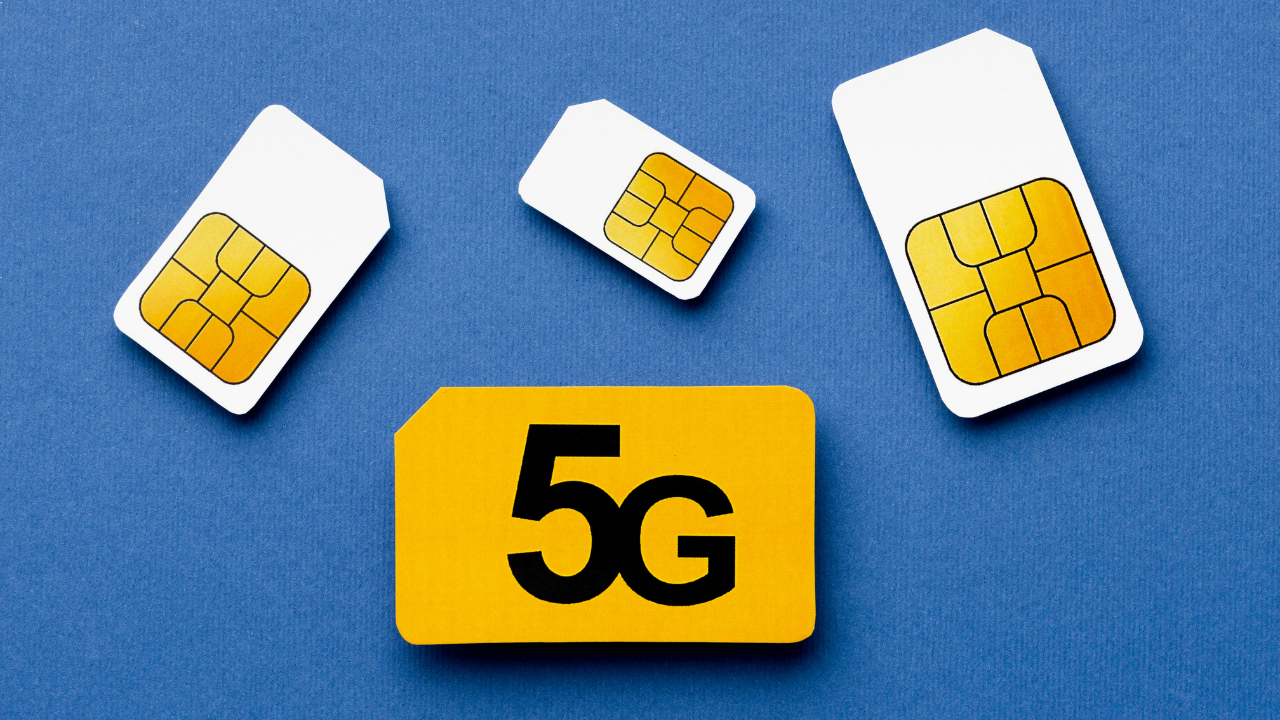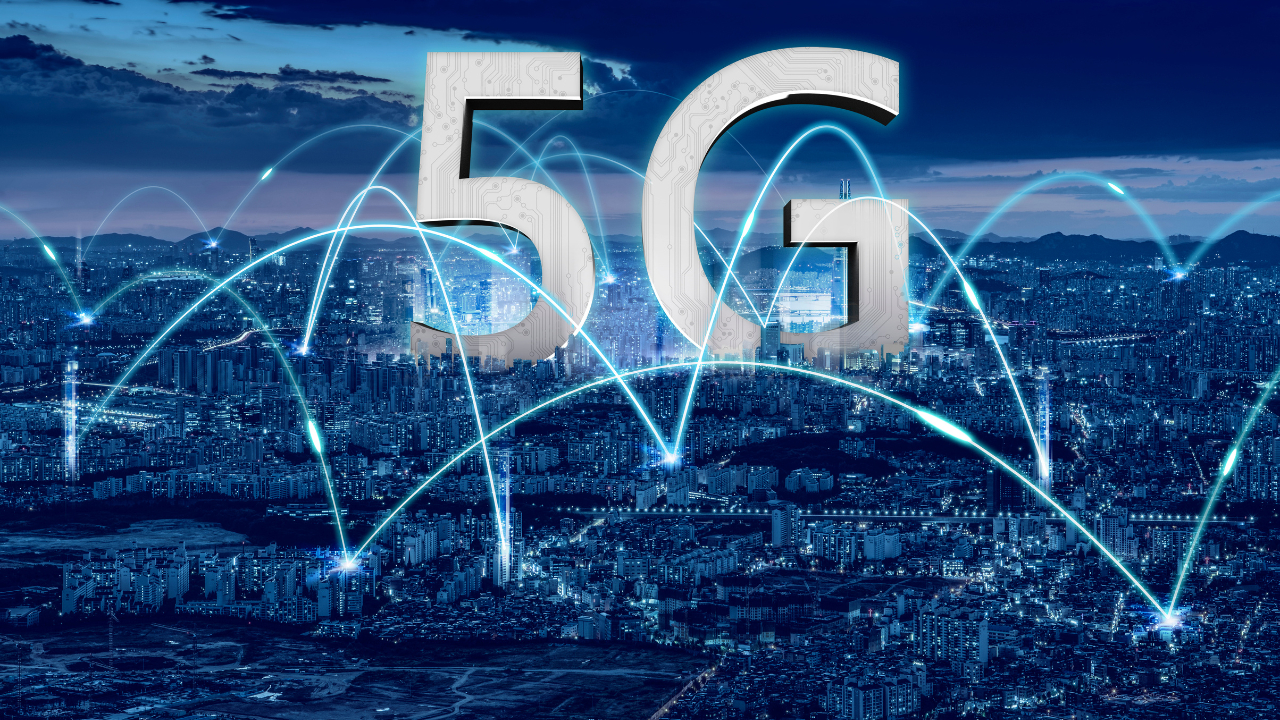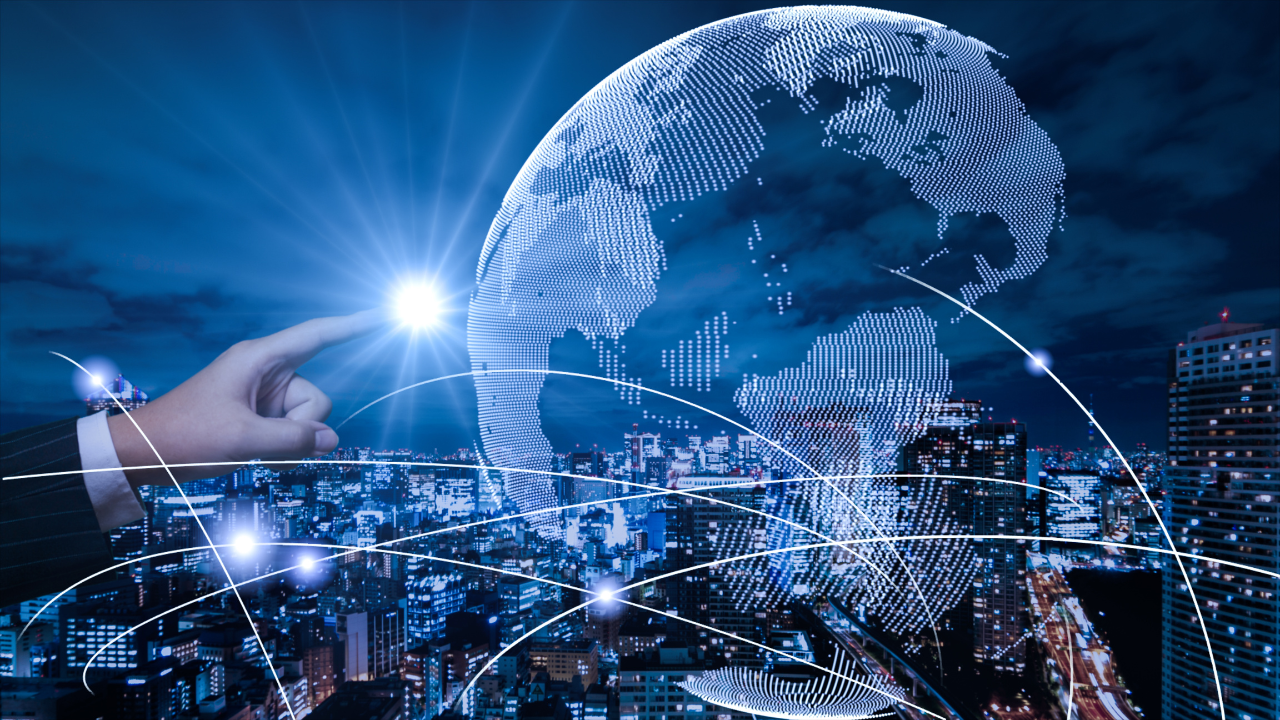The world is gearing up for a major tech upgrade—5G. This new generation of mobile technology is set to change how we live, work, and connect. In this blog, we’ll explore what 5G is, its benefits, and how it will shape our future.
What Is 5G Technology?
5G is the fifth generation of mobile networks. It’s much faster and more reliable than 4G, offering higher speeds, lower latency (less delay), and the ability to connect many more devices at once.
Also Read: Understanding the Basics of Mobile Networks
Benefits of 5G Technology
1. Faster Speeds and Lower Latency
One of the biggest advantages of 5G is its speed. It can deliver download speeds over 1 Gbps, meaning you can stream, game, and download large files almost instantly. Lower latency means there’s less delay, which is essential for real-time applications like self-driving cars and remote surgeries.
2. Connect More Devices
With the rise of smart homes and the Internet of Things (IoT), 5G’s ability to connect multiple devices at once is a game changer. Your smart fridge, thermostat, phone, and other devices can all operate smoothly without slowing down.
3. More Reliable and Efficient
5G networks are more stable and energy-efficient. This means devices will have longer battery life, and industries like healthcare, emergency services, and manufacturing can rely on 5G for critical operations.
Transformative Applications of 5G
Smart Cities
5G will allow for more connected cities. For example, traffic lights will adjust based on real-time data, and public services like waste management will become more efficient. Cities will be able to monitor air quality, reduce congestion, and improve emergency responses.
Healthcare
The healthcare sector is expected to transform with 5G. Telemedicine will become more effective, and doctors will be able to perform remote surgeries with the help of robotics, thanks to 5G’s low latency. Wearable devices will also provide real-time health monitoring, improving patient care.
Education
5G will make online learning more interactive and accessible. Virtual classrooms and augmented reality (AR) tools will give students an immersive learning experience. Complex subjects can be explored through VR, making learning more engaging.
Learn More: How Technology Is Transforming Education
Entertainment: AR, VR, and Gaming
5G will revolutionize entertainment. Gaming, in particular, will benefit from faster speeds and real-time multiplayer experiences with no lag. AR and VR will provide more immersive experiences, changing how we enjoy games, concerts, and even sports events.
Industry and IoT
Manufacturing and industrial processes will become smarter with 5G. Machines will be able to communicate in real-time, increasing efficiency and reducing production downtime. Logistics companies will also benefit from real-time tracking and management, optimizing supply chains.
Challenges of 5G
Infrastructure Costs
Building and maintaining 5G infrastructure is expensive. Rural areas and developing countries may struggle with the high costs of installation and maintenance, slowing the rollout in these regions.
Security and Privacy
As more devices connect to 5G, cybersecurity becomes a bigger issue. Protecting sensitive data from hacking will be crucial, and companies will need to invest in advanced security measures.
Read More: How to Stay Safe in the Digital Age
Digital Divide
Not everyone has access to the internet or modern technology. This digital divide could widen with the rollout of 5G, leaving some communities behind. Ensuring affordable access to 5G will be critical for inclusive growth.
The Global Rollout of 5G
Leading Countries in 5G
Countries like South Korea, China, and the United States are leading the charge in 5G adoption. These nations are rapidly expanding their networks, and cities like Seoul, Beijing, and New York already have significant 5G coverage.
The Future of 5G
IoT Expansion
5G will make the Internet of Things (IoT) more widespread. Devices will be able to communicate seamlessly, improving everything from home automation to traffic management in smart cities.
Autonomous Vehicles
Self-driving cars will rely on 5G to communicate with each other and the surrounding infrastructure. This will improve road safety and efficiency by reducing traffic jams and accidents.
Healthcare and Remote Surgeries
In healthcare, 5G will enable real-time remote surgeries and consultations. Doctors will use robotics to perform surgeries from miles away, revolutionizing patient care.
How Will 5G Affect You?
Faster Internet Everywhere
From streaming your favorite shows without buffering to playing online games without lag, 5G will make your online experience faster and smoother.
Smarter Homes
With 5G, your smart home devices—like thermostats, cameras, and refrigerators—will work together seamlessly. You’ll be able to control everything from your smartphone, no matter where you are.
Safer Roads
Self-driving cars will communicate with traffic lights and other vehicles in real-time, reducing accidents and making traffic flow more smoothly.
Telemedicine
If you live in a remote area, 5G will make it easier to access quality healthcare. Doctors will be able to diagnose and treat patients remotely, thanks to faster, more reliable internet connections.
Also Read: The Future of Healthcare Technology
Conclusion: Why 5G Matters
5G is not just about faster internet. It’s about creating a connected world where technology can make our lives easier, safer, and more efficient. From smart cities to remote surgeries, 5G will change the way we live and work.
Now is the time to embrace this technology, as it will shape the future in ways we’re just beginning to understand.
FAQs
1. What is 5G?
5G stands for the fifth generation of mobile network technology, offering faster speeds, lower latency, and more reliable connections compared to previous generations.
2. How does 5G differ from 4G?
5G provides significantly higher data speeds, more capacity for connected devices, lower latency, and improved efficiency compared to 4G.
3. What are the main benefits of 5G?
Faster internet speeds, enhanced connectivity, better performance for IoT devices, and the potential to enable new applications such as smart cities and advanced healthcare solutions.
4. What challenges does 5G face?
Infrastructure costs, security and privacy concerns, health-related debates, and ensuring equitable access across different regions.
5. Which countries are leading in 5G deployment?
Countries like the United States, South Korea, and China are currently at the forefront of 5G deployment and adoption.
6. How will 5G impact everyday life?
5G has the potential to revolutionize various aspects of daily life, including how we work, learn, receive medical care, and interact with technology in general.






0 Comments
Post a Comment